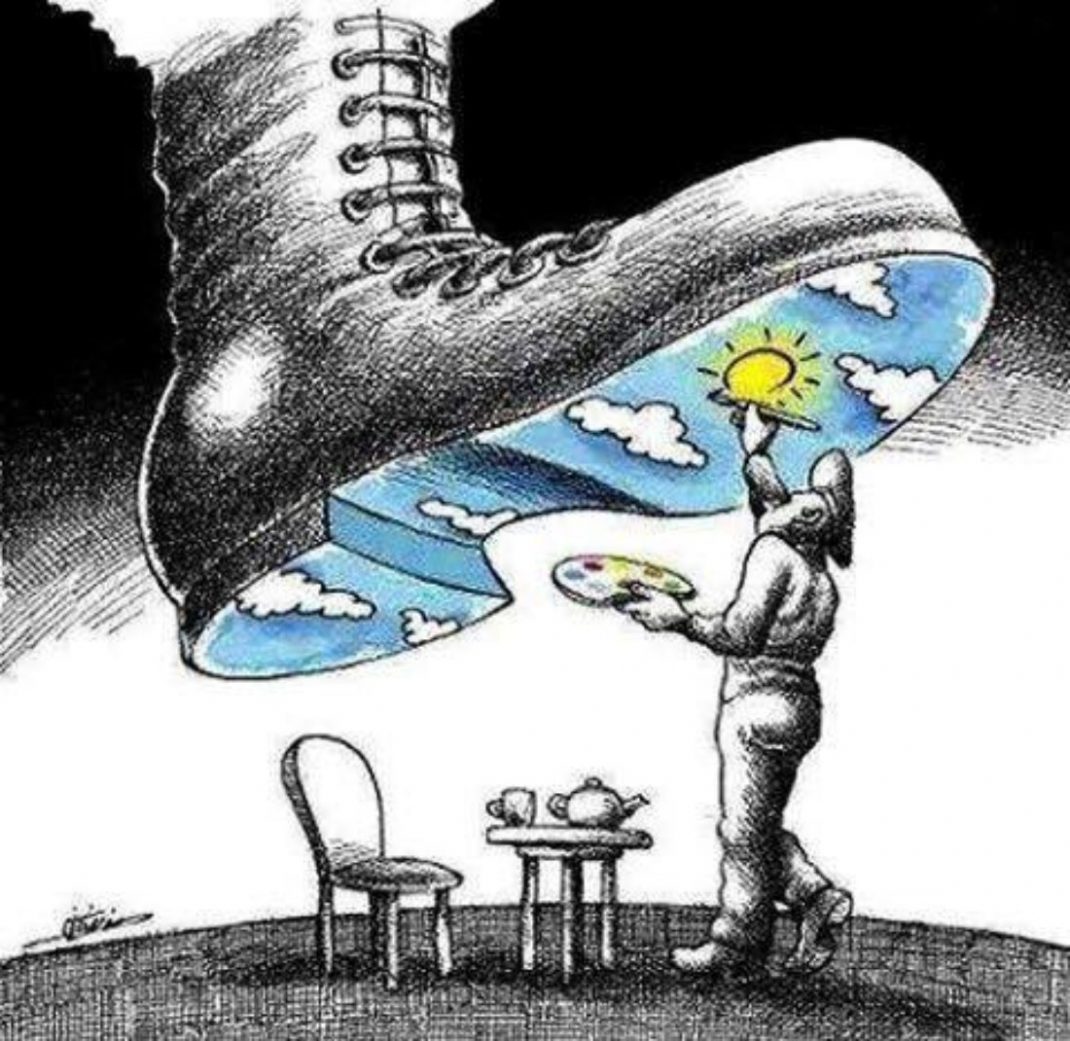Henry Meyer

Maxim Shugaley acts as a political consultant for Yevgeny Prigozhin, a Russian tycoon close to President Vladimir Putin. He spent 18 months in a Libyan jail accused by the government of plotting to interfere in Libya’s presidential elections in Qaddafi’s favor. The Kremlin pushed for his release.
“He’s an unacceptable figure for the United States — there is a political order against him,” he said. “This would be a unique event in the world — 10 years on and the Qaddafi family stages a comeback. Just from a psychological point of view, it’s a big blow.”
Old Regime
The younger Qaddafi has little prospect of success because “for a lot of Libyans he represents a step back to the old regime,” said Elena Suponina, a Moscow-based Middle East expert. “There are many people in Moscow who see this situation and in advance want to blame the potential failure of Saif al-Islam purely on the West,” she said.
Rich in oil and gas reserves, Libya has drawn global and regional powers vying for influence in a civil war that’s raged intermittently since Qaddafi’s father was toppled and killed in a 2011 uprising. Putin has repeatedly railed against the West’s role in the overthrow through NATO airstrikes.
Shugaley warned of the risk of renewed conflict if Qaddafi isn’t allowed to run or his supporters believe he lost the election unfairly. “This is a delayed time bomb,” he said.
Companies including France’s TotalEnergies SE, Eni SpA of Italy and Royal Dutch Shell Plc are considering investing billions of dollars to exploit Libya’s energy reserves located on Europe’s doorstep.
ICC Warrant
An official role for Saif Qaddafi would “present a challenge for any Libyan government and the return of Libya to the international community,” U.S. State Department spokesman Sam Werberg said Nov. 15. “He is wanted by the International Criminal Court for crimes against humanity and is subject to sanctions from the United States and the United Nations.”
Electoral officials recently denied Shugaley permission to return to Libya as a vote observer a year after he was released from prison to Russia before trial. Libyan prosecutors accused him of illegally providing political consulting to Qaddafi on his potential presidential bid, Bloomberg reported in 2020. Shugaley denied the charges, saying he was just doing research.
Shugaley said he met three times with Saif Qaddafi, 49, who only re-emerged in mid-2021 after years of imprisonment and seclusion amid the war-crimes charges.
Meddling, Mercenaries
Prigozhin, who’s known as “Putin’s Chef” for his Kremlin catering contracts, is under U.S. sanctions for alleged meddling in the 2016 U.S. presidential elections. His Wagner private paramilitary company was sanctioned Dec. 13 by the European Union for abuses including “torture and extrajudicial, summary or arbitrary executions.”
The group has deployed fighters to Libya, Syria, Venezuela and the Central African Republic, all places where Russia is striving for geopolitical influence against the West. Moscow denies any links to the mercenaries.
While Shugaley says he’s not involved in Wagner, the think tank he heads, the Foundation for the Protection of National Values, is sponsored by Prigozhin. And Shugaley’s willingness to discuss his activities in places ranging from Africa to Afghanistan marks a departure from a previous policy by Prigozhin and his lieutenants of keeping a low profile.
“For Prigozhin, his status as a defender of national interests is hugely important,” said Tatiana Stanovaya, founder of the Russian political consulting firm R.Politik. “He wants to demonstrate this to Putin.”
Libya’s been a major focus for the Kremlin in recent years, with Russia hosting peace talks and the Defense Ministry publicly embracing a powerful warlord. Moscow has often found itself at odds with the U.S. and its European allies there, as well as regional players like Turkey, Egypt and the UAE, which all have sought influence in Libya.
***
— With assistance by Irina Reznik
_______________




